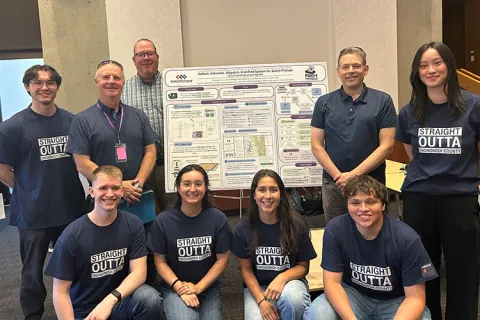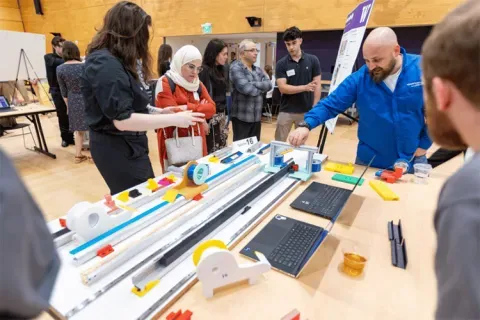PATH
Using Machine Learning to Predict Climate Risk to Healthcare Facilities and Water Sources
As the climate changes globally, some regions will be more at risk of climate-related events such as floods, droughts, and extreme storms. This has a direct impact on the availability of clean water and there is an extreme and growing need to predict these risks in advance. PATH and a UW HCDE student team will work to identify areas and facilities which should be prioritized for climate-resilient improvements in order to maintain their access to safe water. Doing so will involve considering HCDE factors such as communication of scientific data and web interface design. Students will also use engineering skills related to machine learning and data analysis. A large amount of data exists surrounding climate and weather predictions. Similarly, data exists that details what water sources are available in different parts of the world, as well as knowledge about how these water sources respond to climate change. A hospital that relies on rainwater, for example, is at high risk of losing access to water if climate change affects rainfall. Students will use machine learning methods to a) identify health care facilities whose water supplies are susceptible to climate change and b) prioritize which facilities should get improved water sources first. Data and requirements will be sourced from public databases and stakeholder interviews. This student team will work to compile final results in a website or similar user dashboard by the end of the capstone term. This student team will work to develop and implement machine learning models that process data from multiple sources. Along the way, students will also write documents including a landscape analysis of relevant data types and other organizations working in this field who could provide expertise. Students will also compile their final results into a user-friendly and informative website.
Faculty Adviser(s)
Daniela Rosner, Human Centered Design & Engineering
Related News

Mon, 10/13/2025 | UW Mechanical Engineering
Capstone collaboration leads to award
An ME capstone team received first place for its energy audit of the UW School of Social Work building.

Thu, 07/17/2025
UW engineering students develop smart ballot solution
UW engineering students develop smart technology solution to improve ballot collection for Snohomish County.

Mon, 07/07/2025 | UW Mechanical Engineering
Capstone creations
Students displayed innovative capstone design projects at the 2025 expo.

Fri, 09/20/2024 | UW Civil & Environmental Engineering
Smarter irrigation for a greener UW
A new project combines satellite data with ground sensors to conserve water and create a more sustainable campus environment.